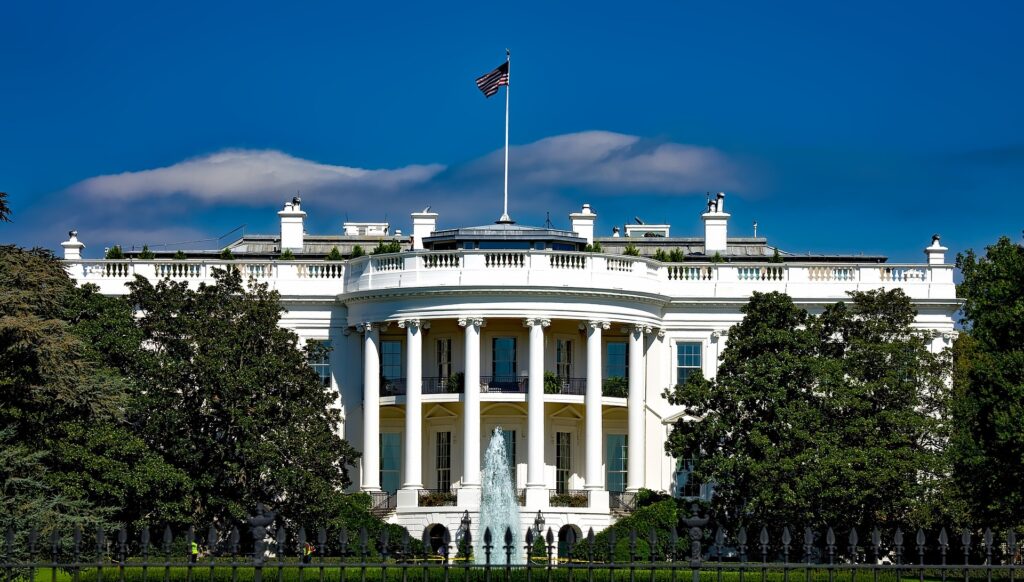The Biden administration has made mention of home-based care regularly and intentionally during its tenure in the White House. It did so again Wednesday, this time through 50-plus directives for government agencies, many of which were home care-related.
Though still just directives, the sitting president making this sweeping of an executive order focused on senior care – in part – is worth plenty of weight.
Home- and community-based care (HCBS) providers believe there will be short- and long-term effects of the directives, as well as tangible and intangible results.
“There’s certainly some symbolism in there that is favorable,” Darby Anderson, chief strategy officer for Addus Homecare Corporation (Nasdaq: ADUS), told Home Health Care News. “It certainly puts a greater wind at our backs, shining a spotlight on home- and community-based services and the overarching caregiver issues. And that’s very good.”
The Frisco, Texas-based Addus is an at-home care provider with a heavy focus on Medicaid-driven HCBS. The company has over 200 locations across 22 states.
Broadly, the directives from the White House included: a path for more home-based care availability for veterans, of the personal care and primary care variety; a path to uplift the caregiver workforce, utilizing Medicaid funds to do so; and further support for the concept of self-directed care.
“There’s real concrete actions that [President Biden] has put into this executive order that are directed at different parts of of the government,” Anderson continued. “We’ll have to see how those are implemented at the end of the day. But there could be some real concrete improvements, hopefully to the services we provide and for the workers in [this space].”
The timing of the executive order is also set up in such a way that it could, potentially, affect how states finalize their CY2024 budgets.
For instance, HCBS – and the workers that make it possible – may become more emphasized in certain states with the White House’s backing at the top of mind.
“I think it’s a great acknowledgment of the value of home care,” PurposeCare CEO Rich Keller told HHCN. “Home care has been overlooked for so long, and quite frankly, misunderstood. The recent recognitions in this executive order, the proposed federal budget, and proposed legislation elsewhere is now a drumbeat that hopefully won’t be ignored.”
The Chicago-based PurposeCare is a provider of clinical and non-clinical home-based care services. The company serves about 3,000 patients per week.
Concrete improvements
The public health emergency (PHE) – through additional funding and otherwise – allowed states to significantly bolster their HCBS programs.
A recent analysis from the Kaiser Family Foundation dug into those details.
Among them: 49 states made it easier for people to access HCBS through virtual evaluations during the PHE; 10 states reported an increased number of waiver slots; 5 states reported increasing eligibility limits; 47 states bolstered telehealth for HCBS; 37 states increased utilization limits; half of all states added new services; and about a quarter of states removed prior authorization requirements.
“Many states reported that they planned to continue the PHE policies after the authority expires, but in other cases, states expect the policies will end or have not yet decided,” the KFF analysis read.
The PHE is coming to an end, but many adjustments made by states won’t be. This week’s executive order will help support staying power.
“In the White House statement, it mentions leveraging Medicaid funding to help solve the workforce crisis,” Anderson said. “And that’s the key issue for all of us.”
Still, there are many questions to be answered regarding the workforce issue. The president’s support is helpful, but additional funding to help solve the workforce crisis is not a guarantee.
The lack of additional funding could cause HCBS providers significant trouble. Funds from the American Rescue Plan Act (ARPA) will eventually run out. When they do, providers will no longer be able to offer the same increased wages, sign-on bonuses or retention bonuses as they have over the last couple of years.
“Funding is the number one priority, for sure,” Keller said. “This executive order helps to create clarity and direction. The value HHAs and PCAs bring to their clients as a member of the health care team is largely overlooked. Their input is rarely considered by the health care delivery team at large. So, we can and should allocate funding to pay caregivers a living wage. But, in addition to that, we need to make it a job people take pride in – and a job they stay with.”
Home-based care for veterans, self-directed care
Self-directed HCBS increased in prevalence in general during the PHE. One of the White House’s directives would expand access to it for veterans as well.
“That’s a big deal for self-direction, to start, to share the national spotlight with more traditional forms of care,” AssuranceSD CEO Mubeen Malik told HHCN in an email. “From that perspective, this is a tangible win for us and the space.”
AssuranceSD is a self-directed care company that serves more than 8,000 individuals across 10 states.
Veterans have historically lacked access to proper health care, and namely proper home-based care. As mentioned above, one of the directives would increase access to home-based primary care and the availability of self-directed HCBS for veterans.
“This directive recognizes the dire importance of care workers, while taking an all-government approach with support from agencies – like the Department of Veterans Affairs, among others – to improve access to home-based care for veterans, enhance job quality for long-term care workers, and support family caregivers,” Paralyzed Veterans of America President Charles Brown said in a statement.
Industry advocates have voiced their concerns about the lack of home-based care access for veterans for a long time. Despite steps forward, it’s likely they’ll be unsatisfied with a less clear route for veterans to gain access to fully-funded, agency-directed care as well.
Companies featured in this article:
Addus HomeCare Corporation, AssuranceSD, Kaiser Family Foundation, Paralyzed Veterans of America, PurposeCare




